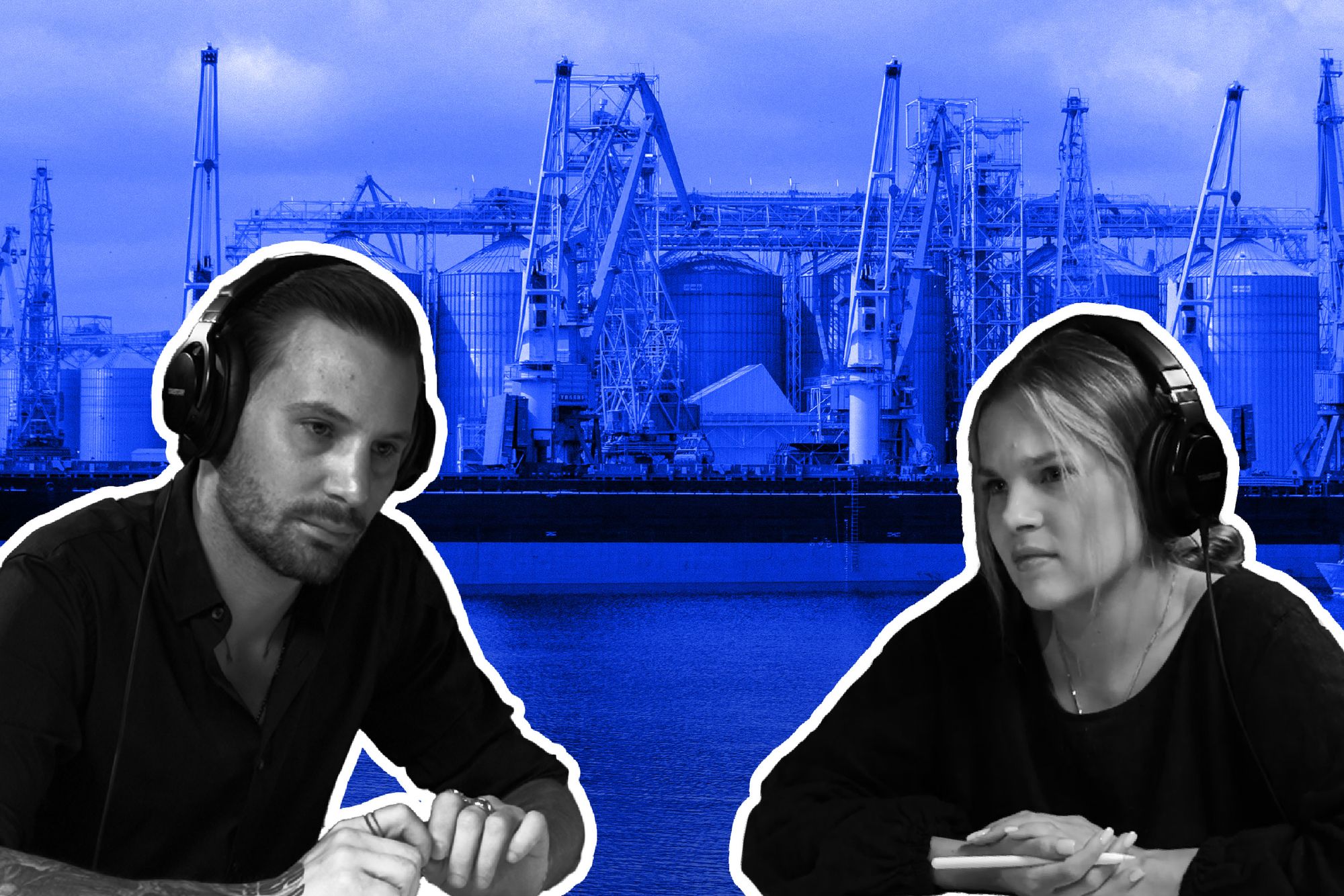NATO-Ukraine Council meets for second time, adresses Black Sea security.
The NATO-Ukraine Council met[1] on July 26 to discuss the security situation in the Black Sea region following Russia's one-sided termination of the Black Sea Grain Initiative. This is the second time the Council has met since its inaugural meeting at the NATO summit in Vilnius. "Allies and Ukraine strongly condemned Russia's decision to withdraw from the Black Sea grain deal and its deliberate attempts to stop Ukraine's agricultural exports on which hundreds of millions of people worldwide depend," NATO said in its statement.
"They also condemned Russia's recent missile attacks on Odesa, Mykolaiv, and other port cities, including Moscow's cynical drone attack on the Ukrainian grain storage facility in the Danube port city of Reni, very close to the Romanian border." After its withdrawal from the Black Sea Grain Initiative on July 17, Russia launched a series of strikes[2] against southern Ukraine, targeting ports, agricultural infrastructure, grain stockpiles, and other civilian objects. On July 24, Russian forces launched[3] kamikaze drones against the Danube River ports of Izmail and Reni, located near the Romanian border.
The attack sparked condemnations from Bucharest. NATO Secretary-General Jens Stoltenberg said that Russia bears full responsibility for the escalating situation in the Black Sea region. "Russia must stop weaponizing hunger and threatening the world's most vulnerable people with food instability," he commented.
Both Ukraine and Russia declared[4] that vessels sailing to the ports of their opponent will be treated as carriers of military cargo. The U.S. and the U.K. warned[5] that Russia may try to attack civilian ships on the Black Sea as part of their effort to destroy Ukrainian grain exports. NATO leaders welcomed Turkey's efforts to revitalize the grain deal, and efforts by Bulgaria, Romania, other allies, the EU, and the U.N. to enable continued export of Ukrainian grain by land and sea.
The EU pledged to continue helping with Ukraine's exports via "solidarity lanes[6]," established in May 2022. Croatia and Bulgaria both suggested[7] that their transport infrastructure could be used for Ukrainian agricultural products. According to NATO's statement, the Alliance will increase surveillance in the Black Sea region, using patrol aircraft and drones, and has already strengthened its presence in the area with two new multinational battlegroups in Bulgaria and Romania.
The NATO-Ukraine Council was established during the Vilnius summit on July 11 as part of the efforts to bring Kyiv closer to the alliance. The meeting was attended by NATO officials and ambassadors of the member countries, a representation from Sweden, and a Ukrainian representation via teleconference, which included Infrastructure Minister Oleksandr Kubrakov and Brigadier General Oleksii Hromov of the General Staff of Ukraine's Armed Forces.
This Week in Ukraine Ep.
17 - Black Sea grain deal is dead. What can Ukraine do?
Episode #17 of our weekly video podcast "This Week in Ukraine" is dedicated to the Black Sea grain deal, how Russia weaponized it, and ultimately killed it. Host Anastasiia Lapatina is joined by the Kyiv Independent's reporter Alexander Query. Listen to the audio version of the podcast on Apple, S...
 [8]
[8]  Martin Fornusek
Martin Fornusek
News Editor
Martin Fornusek is a news editor at the Kyiv Independent.
He has previously worked as a news content editor at the media company Newsmatics and is a contributor to Euromaidan Press. He also volunteers as an editor and translator at the Czech-language version of Ukrainer. Martin studied at Masaryk University in Brno, Czechia, holding a bachelor's degree in security studies and history and a master's degree in conflict and democracy studies.
References
- ^ met (www.nato.int)
- ^ strikes (kyivindependent.com)
- ^ launched (kyivindependent.com)
- ^ declared (kyivindependent.com)
- ^ warned (kyivindependent.com)
- ^ solidarity lanes (kyivindependent.com)
- ^ suggested (kyivindependent.com)
- ^ This Week in Ukraine Ep.
17 - Black Sea grain deal is dead. What can Ukraine do?Episode #17 of our weekly video podcast "This Week in Ukraine" is dedicated to the Black Sea grain deal, how Russia weaponized it, and ultimately killed it. Host Anastasiia Lapatina is joined by the Kyiv Independent's reporter Alexander Query.
Listen to the audio version of the podcast on Apple, S...
(kyivindependent.com)